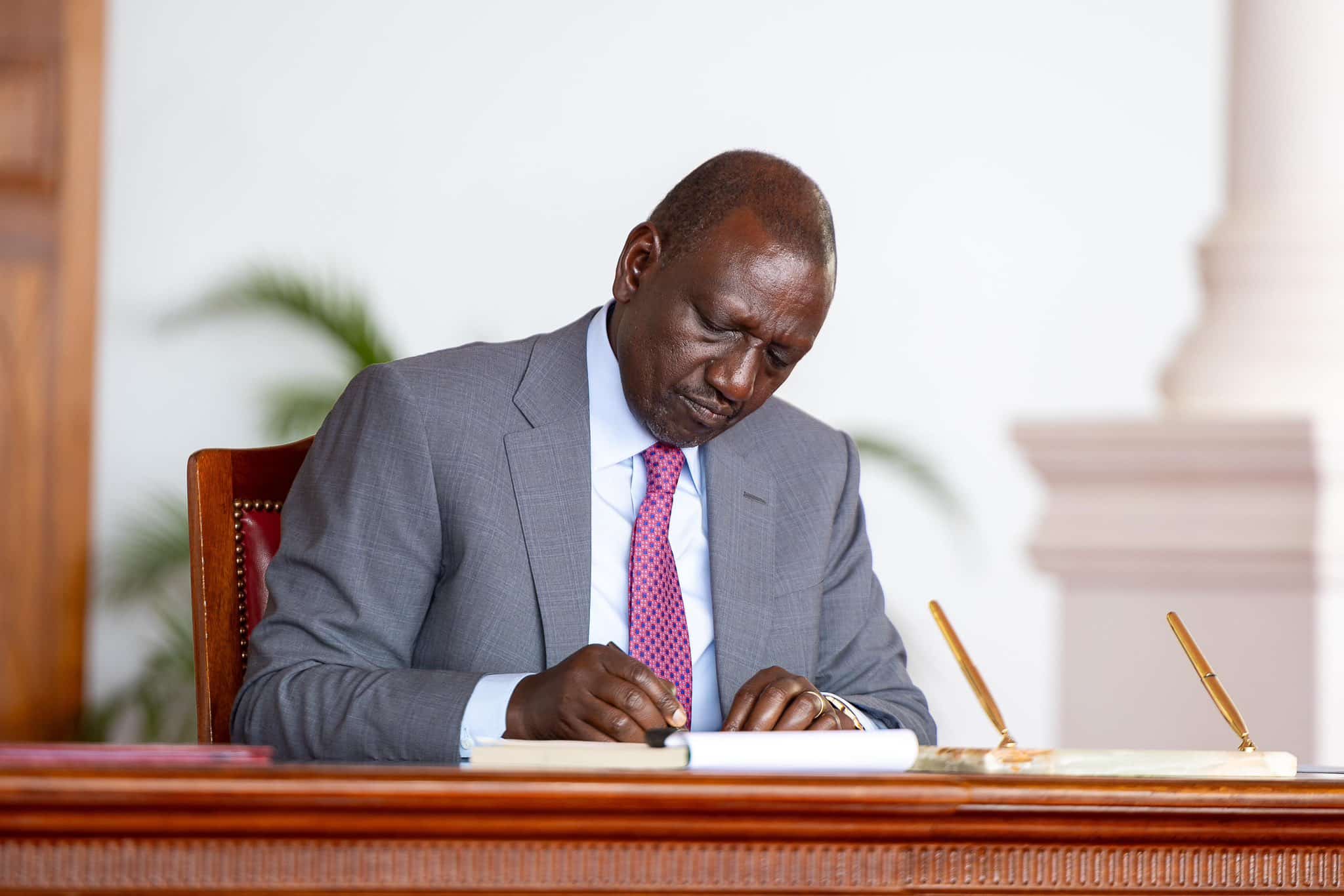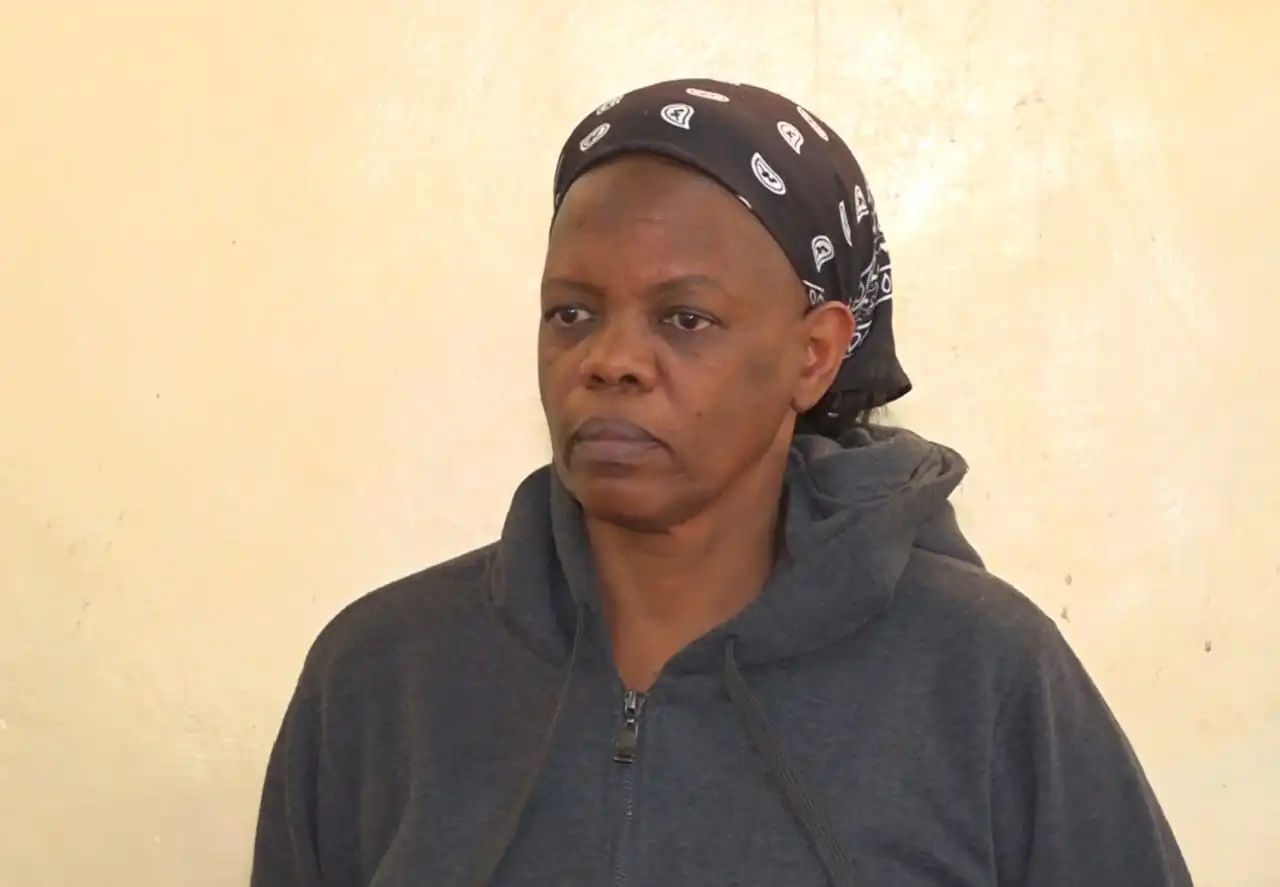In Kenya’s thriving cement industry, a fierce legal battle has erupted at the East Africa Portland Cement Company (EAPCC), where a power struggle threatens to undermine both corporate governance and President William Ruto’s authority.
It all began when President William Ruto, in December 2024, issued a press release announcing the appointment of Bruno Oguda Obodha as the new Managing Director of EAPCC. However, what seemed like a routine corporate decision quickly escalated into a controversy that pitted the President against the company’s Board of Directors.
The EAPCC, in a legal filing, firmly contended that President Ruto’s appointment of Obodha was not only erroneous but also illegal. Roselyn Ominde, the acting company secretary, argued forcefully in court that the President, as an outsider to the board, lacked the legal authority to make such an appointment. In the eyes of the company, the power to select the Managing Director rested solely with the board, not the head of state. Complicating matters further, Ominde argued that the President’s actions were not only an overreach but an attempt to usurp the board’s exclusive powers—an act the company deemed “ultra vires,” or beyond his legal authority.
At the heart of the dispute stood Brigadier (Rtd.) Richard Mbithi, the Chairman of the Board. It was Mbithi who had sought clarification from the Trade and Investment Cabinet Secretary regarding alleged conflicts of interest surrounding Obodha, particularly concerning business deals that Obodha had failed to disclose during his interview. Mbithi’s letter, dated December 27, 2024, heightened tensions, with lawyer Apollo Mboya accusing him of insubordination. Mboya, representing Obodha, argued that Mbithi’s actions amounted to an attempt to reverse the President’s decision, undermining not only the appointment but also the authority of the President himself.
As the case unfolds in the Employment and Labour Relations Court, the central question remains: Who truly holds the power to appoint the Managing Director of a state corporation—the President or the board? The company’s defence, led by Ominde, argued that the President’s role was purely ceremonial and that Mbithi’s actions had merely been an attempt to clarify conflicts that had been overlooked during Obodha’s interview.
To many, the case was a fascinating reflection of Kenya’s delicate balance between political influence and corporate governance. The decision would undoubtedly have far-reaching implications, not just for the future of EAPCC but for the broader principles of governance in Kenya’s state-owned enterprises.
Amid this corporate drama, one thing was clear: the battle for control at EAPCC was not just about a single appointment—it was a high-stakes game of power, authority, and constitutional interpretation, with both the President and the board fighting for supremacy.





